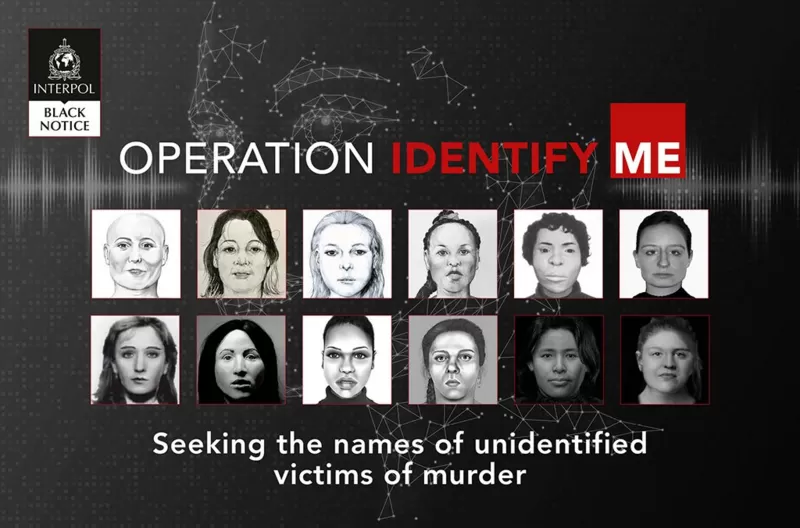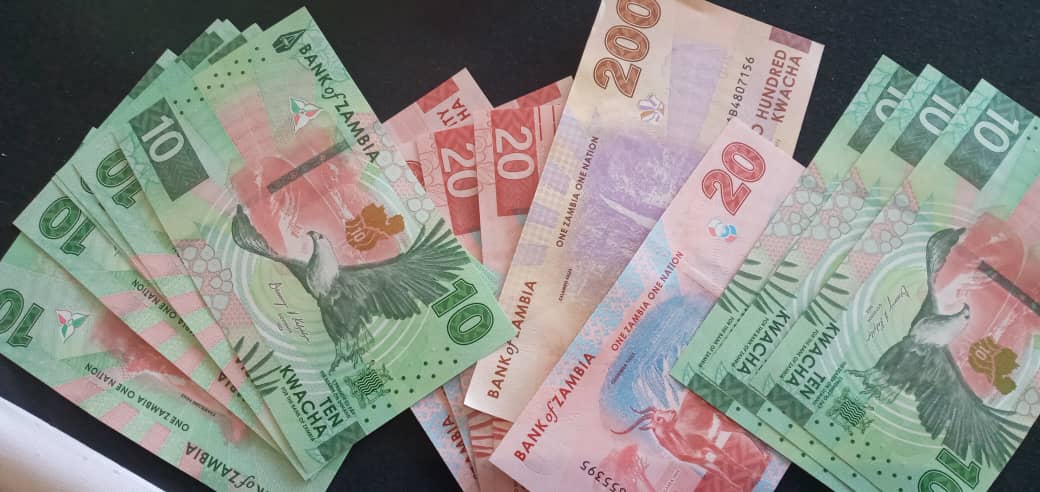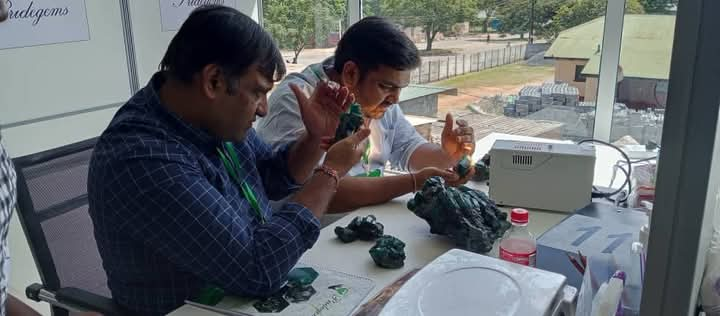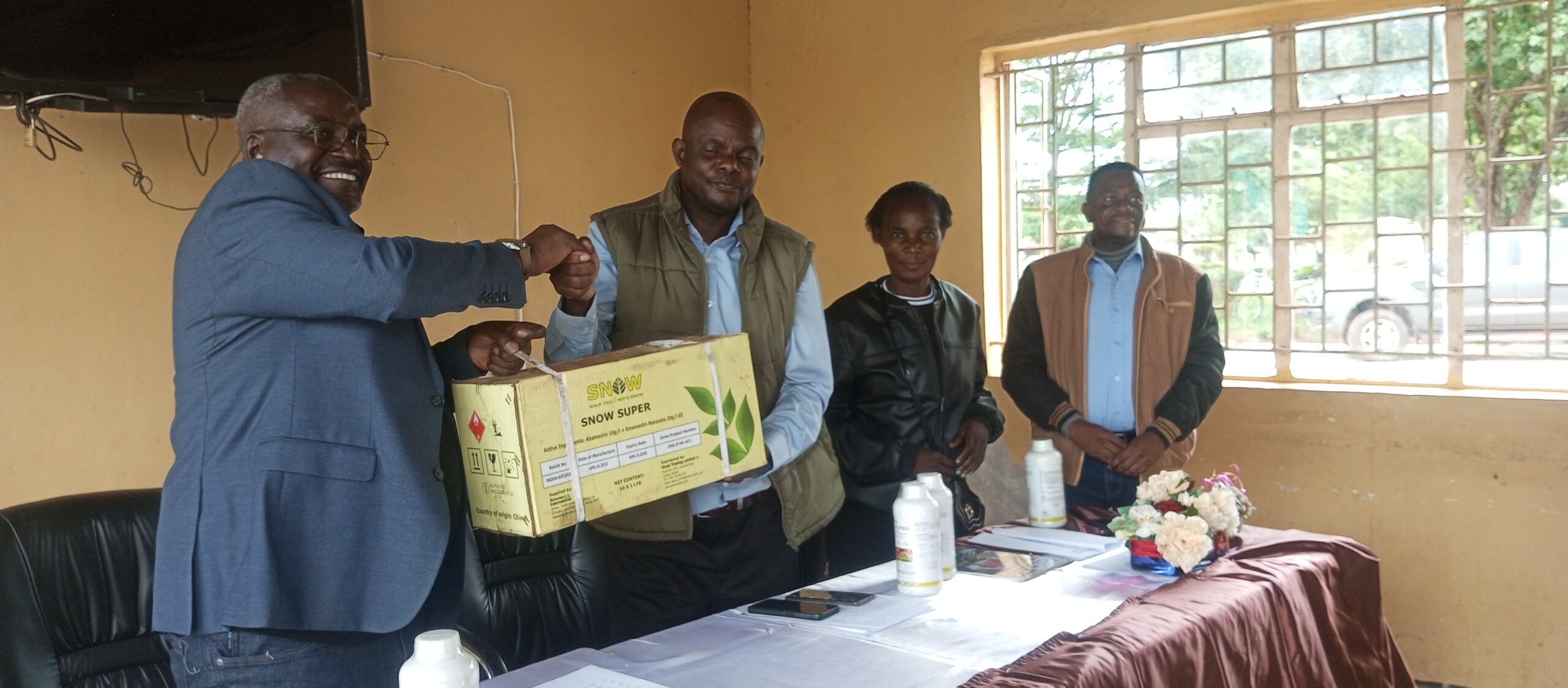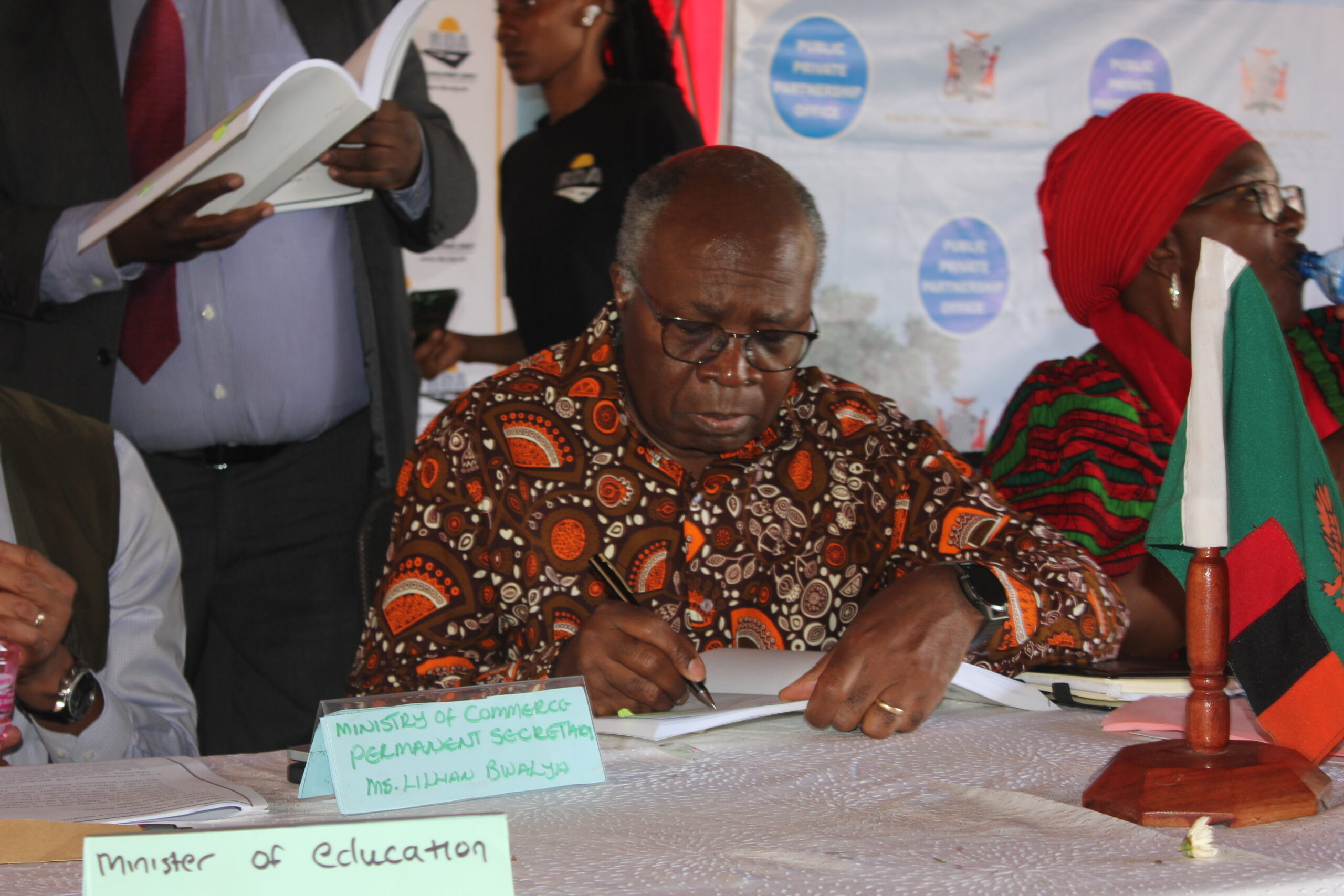Police in three European countries are asking for help to identify 22 murdered women whose names remain a mystery.
The bodies were found in the Netherlands, Belgium and Germany between 1976 and 2019.
An unsolved murder of a woman in Amsterdam, found in a wheelie bin in a river, sparked the move by Interpol.
It’s the first time the international police group has gone public with a list seeking information about unidentified bodies.
The so called black notices, released as part of the campaign known as Operation Identify Me, are normally only circulated internally among Interpol’s network of police forces throughout the world.
The woman found in the bin in Amsterdam in 1999 had been shot in the head and chest.
Forensic detective Carina Van Leeuwen has been trying to solve the mystery since joining the city’s first cold case team in 2005.
Dutch police say a case typically becomes “cold” when it remains open and unsolved after about three years.
Having exhausted all efforts, she and a colleague contacted police in neighbouring Germany and Belgium and learned of many more possible murder cases with unidentified women victims.
The three countries compiled a list of 22 that they were struggling to solve and asked Interpol to publish the details. Belgian police put forward seven cases, Germany six and the Netherlands nine.
Most of the victims were aged between 15 and 30. Without knowing their names or who killed them, police say it is difficult to establish the exact circumstances of their deaths.
The full list – available on Interpol’s website – includes details about the women, photographs of possible identifying items such as clothing, jewellery and tattoos, and, in some cases, new facial reconstructions and information about the cases.
Ms van Leeuwen says finding answers in such cases is vital. “If you don’t have a name, you don’t have a story. You’re just a number. And nobody’s a number,” she explains.
In the Netherlands, almost all of the unidentified bodies of women appear to be murder cases, while – say police – unidentified men died in a range of circumstances.
In that part of Europe, people can go between countries very easily because there are open borders.
Increased global migration, and human trafficking, has led to more people being reported missing outside of their national borders, says Dr Susan Hitchin, coordinator of Interpol’s DNA unit.
It can make identifying bodies more challenging, and women are “disproportionately affected by gender-based violence, including domestic violence, sexual assault, and trafficking”, she says.
“This operation aims to give back to these women their names.”




